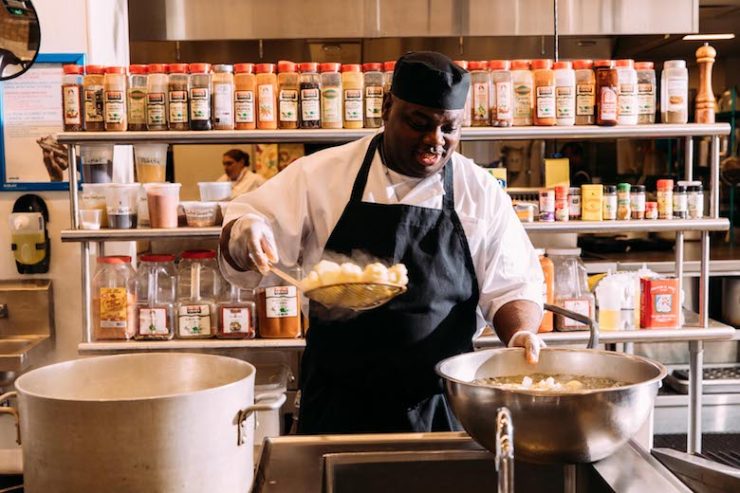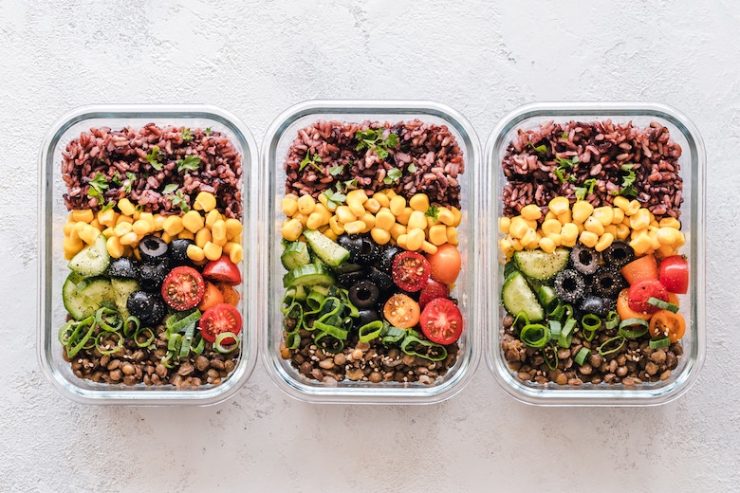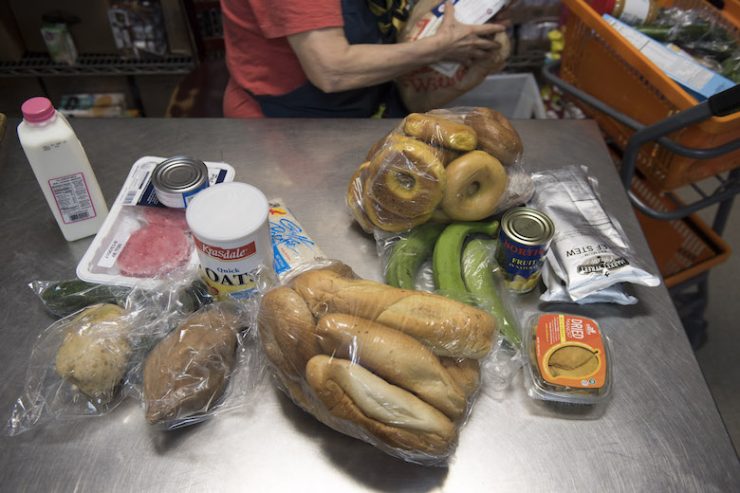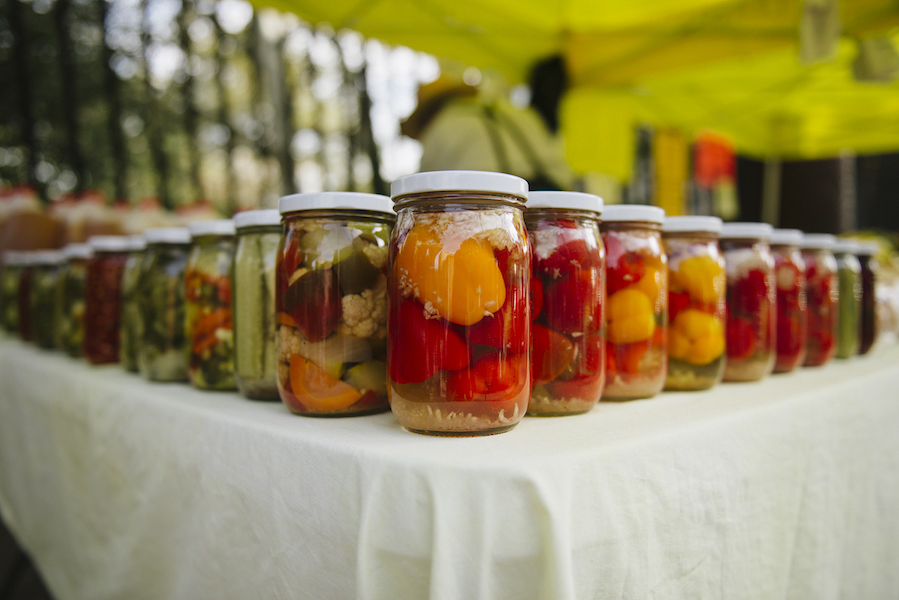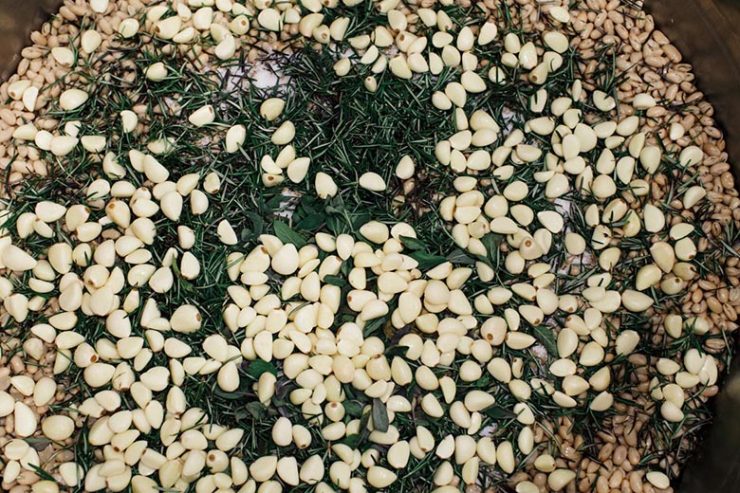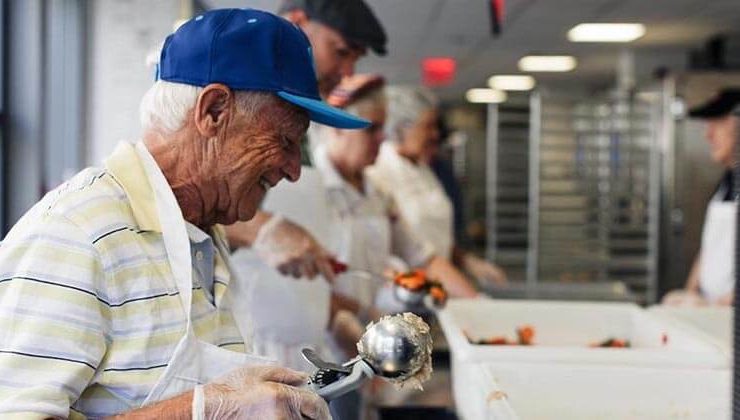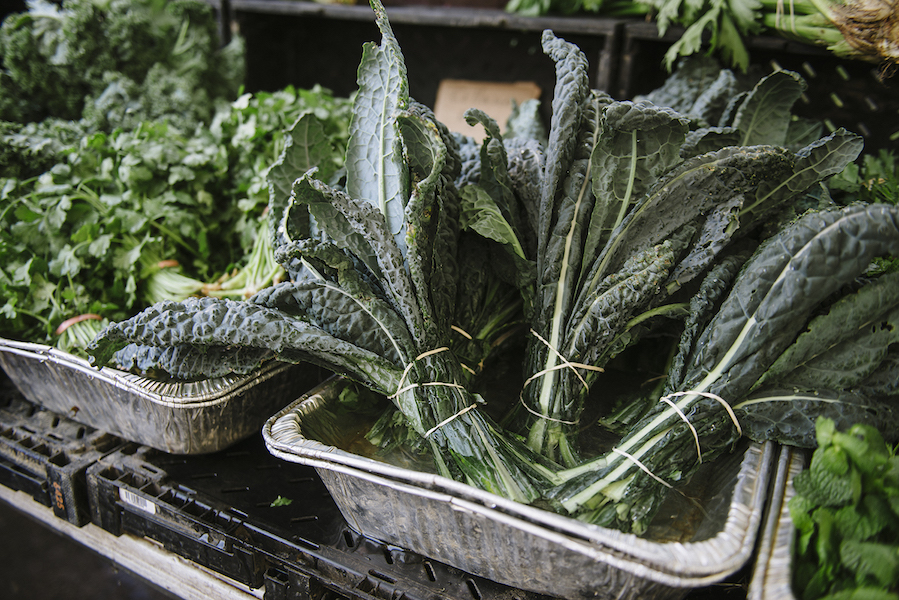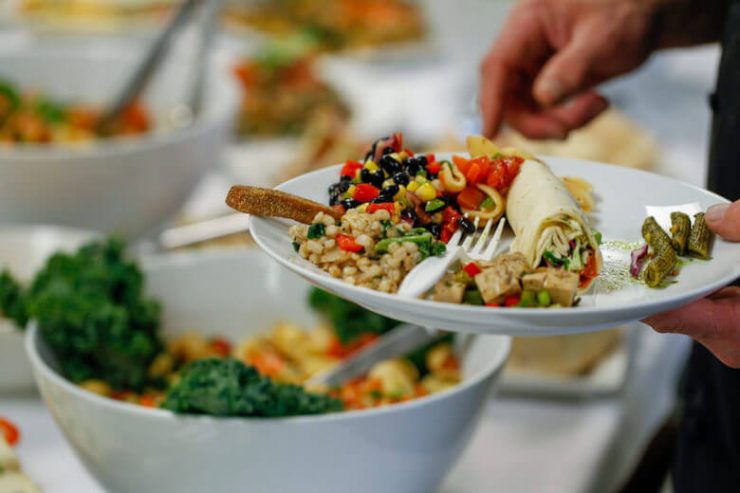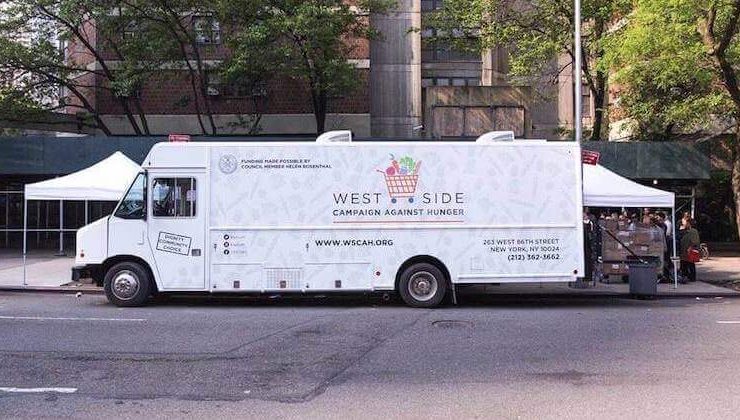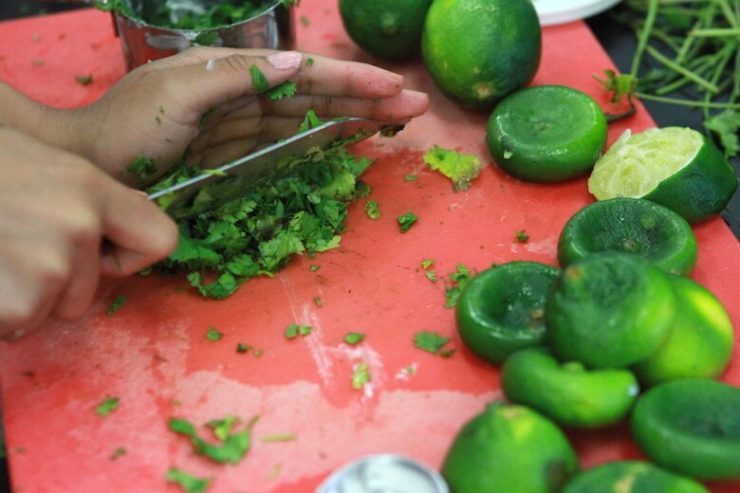Fedcap Rehabilitation provides free culinary training, food handling certification and a small stipend to students with disabilities.
Food for Thought
To help bridge what’s called the summer meal gap, City Harvest launched its 17th annual “Skip Lunch Fight Hunger” campaign earlier this month.
Prohibition turns 100 this year and, well, we all know how that turned out.
Nearly 50,000 undergrads were food insecure in 2018.
A new self-sufficiency report shows that two-in-five New York City residents don’t make enough to cover living expenses—and may be cutting back on food as a result.
The city’s healthcare system continues to expand its plant-based food options for patients.
In the words of Anita Lo this holiday season, we’re reminding ourselves that “True hospitality extends to others and to yourself.”
God’s Love We Deliver’s rooftop herb garden is one of the organization’s latest tools in helping supply nourishing meals to the sick.
Bridging the boundary between food and medicine Dr. Robert Graham recently completed more than 600-hours of culinary education at the Natural Gourmet Institute.
According to the city’s Department of Education, the program fits into the city’s overall efforts to ensure students receive high-quality, healthy lunch in a sustainable way.
Four days a week, the truck travels to northern Manhattan and areas in the Bronx. At each site, people can pick up food and also receive other services.
As part of Stone Barns Center for Food and Agriculture’s Food Ed program, an increasing number of high school instructors across the country are teaching an academically rigorous food curriculum.


